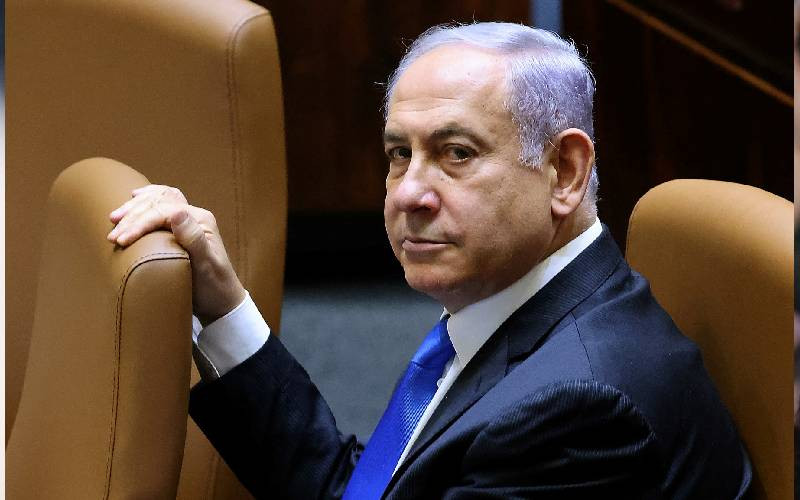×
The Standard e-Paper
Kenya’s Boldest Voice

Amnesty International on Monday urged the International Criminal Court to investigate as war crimes three recent Israeli strikes that killed 44 Palestinian civilians, including 32 children.
Last week the prosecutor of the International Criminal Court, Karim Khan, applied for arrest warrants against Israeli Prime Minister Benjamin Netanyahu and top Hamas leaders on suspicion of war crimes and crimes against humanity.






